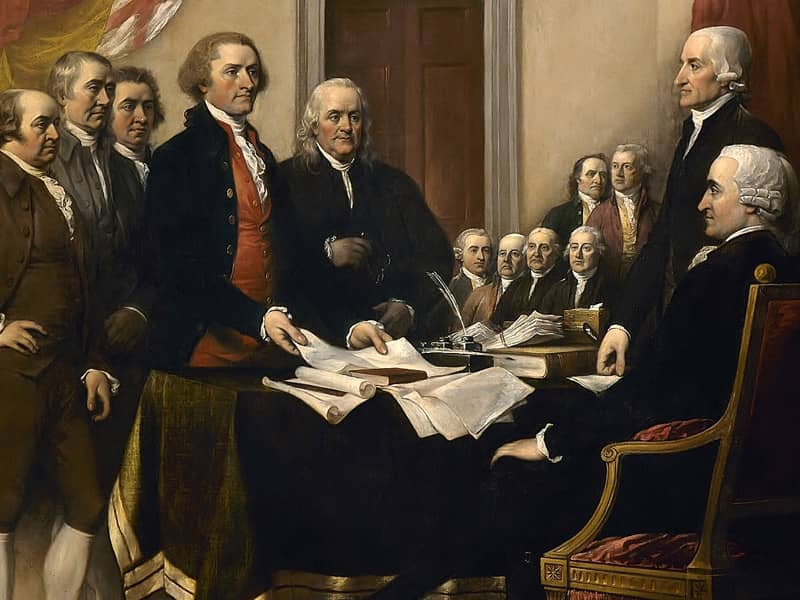Over recent weeks, we've witnessed the greatest
resurgence of religion in public life since the
emergence of the Moral Majority in the 1980s. But
this time it comes, not from conservative Christians,
but from Senator Joe Lieberman--Democratic
candidate for vice president.
Now I for one welcome Senator Lieberman's talking
openly about his faith, praying in public, quoting
Scripture, and calling America back to its Judeo-
Christian roots. We can do nothing but applaud,
though we do note the very obvious irony that a
Jewish candidate can say things for which born-again
Christians would be--and have been--vilified.
The press, however, is beginning to put an
interesting twist on all this. Last week, writing in
The New York Times, Eleanor Brown, a fellow of the
New American Foundation, enthused that Lieberman is
reviving the religious left--which is, of course,
in her mind, superior to the religious right. The
religious right, she says, has a "particular set of
dogmatic political opinions," uses "strong-arm
tactics," and is unwilling to entertain debate on our
political views. (Those are her words.)
Then she chastises us for our position on abortion
and "wonders what Christianity has to do" with things
like supply-side economics. She paints a dark and
sinister picture of the religious right, but the
religious left is all good--a potent force, she
says, in the abolition of slavery, labor reform, and
the civil rights movement. Whoa! I'm afraid this is a
case of shaping the facts to fit the argument.
The first great campaigner for abolition was William
Wilberforce, a committed evangelical and disciple of
John Wesley. In this country, the majority of
abolitionists were evangelicals, including the great
evangelist Charles Finney.
The labor reforms of the 19th century were
begun because of John Wesley's preaching and the
political leadership of the evangelical Lord
Shaftesbury. Remember, too, it was William Booth,
another evangelical, who cleaned up the slums of East
London and founded The Salvation Army, an evangelical
movement to this day.
As scholar Gertrude Himmelfarb and others have
documented, the great social movements of the
19th century were carried out by conservative
Christians. As for Ms. Brown's second point, that
evangelical Christians are hung up on the abortion
question--indeed we are. The sanctity and dignity of
human life is the same exact moral issue that caused
us to fight slavery, to demand human rights for
workers; and the same convictions that caused
evangelicals and Roman Catholics to stand against the
forces of Communism and be persecuted for their
faith.
The New York Times may not like it, but the evidence
is that the big, bad religious right has been the
primary force for social good--and this is
something you should point out to your neighbors.
In any event, I hope Ms. Brown is right about
Lieberman's reviving the religious left.
I lead a movement of 50,000 volunteers working in
prisons and inner cities across America and in 88
other countries. Our volunteers are conservative
Christians, but we would surely welcome volunteers
from this newly aroused religious left. They can come
join with us and work alongside the evangelicals who
have been doing the job all along.
2016-07-27
2016-07-27
Beliefnet Editor
more from beliefnet and our partners

